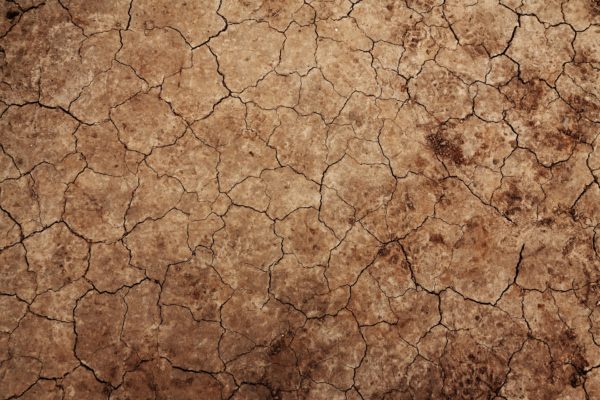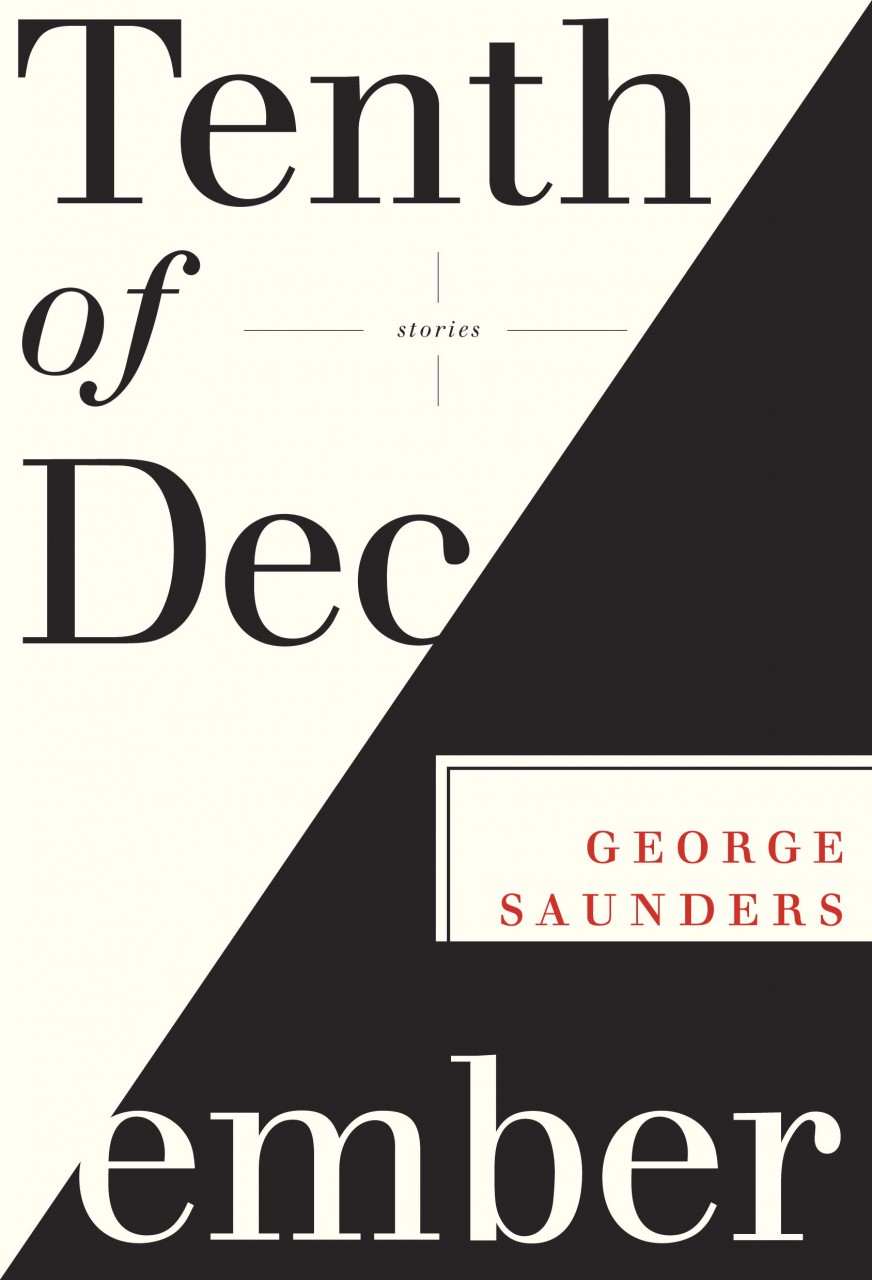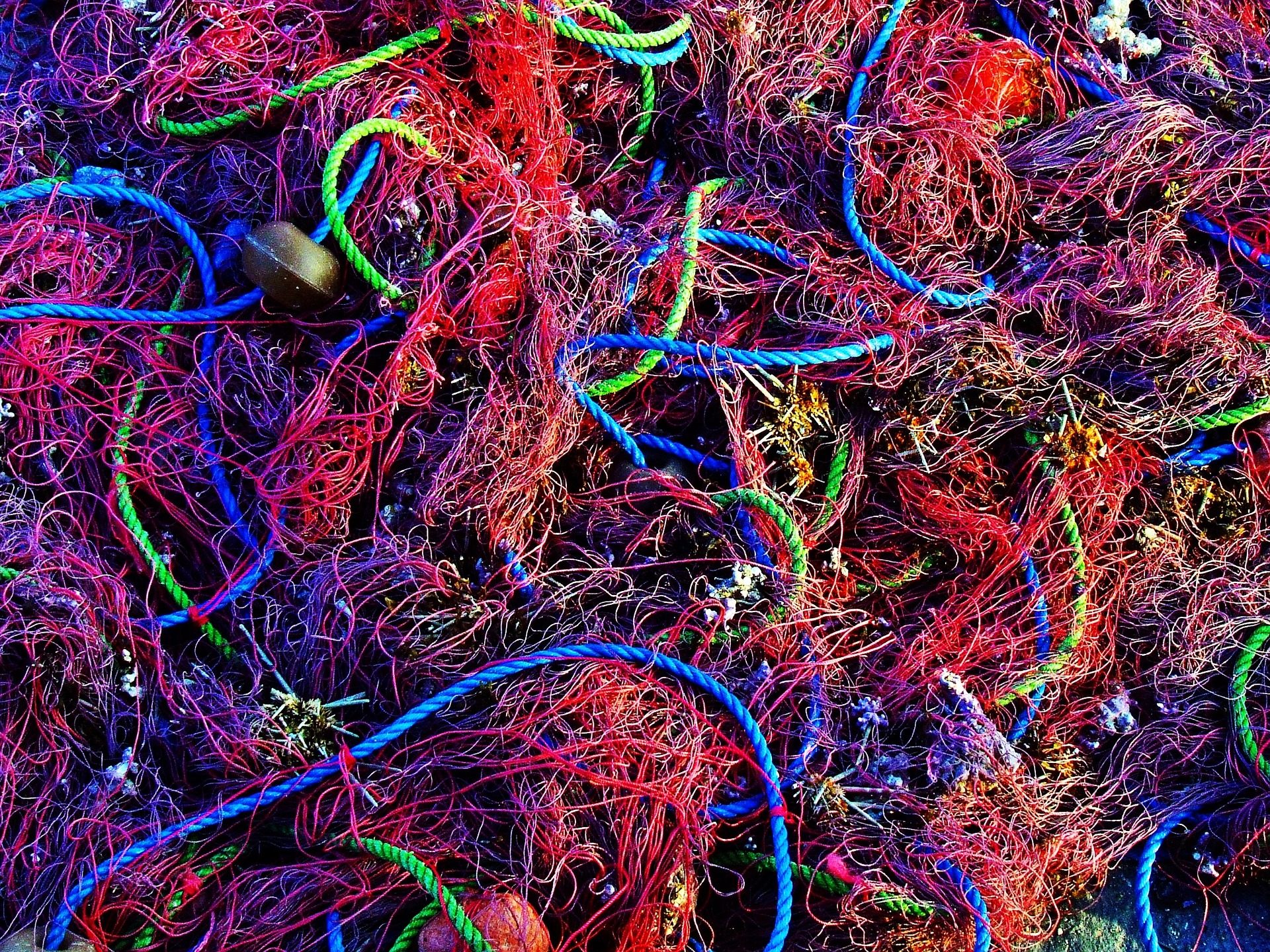The river had been dry as long as I’d been in town, but the old men still sat under the palms along the riverbank and flicked their cigarette butts into the sand where the water used to flow. “Ashes to ashes,” they said, and laughed. They had a word for the drought: La Bruja, they called it. But the Witch was worse than just a dry riverbed and burning skies. You could see it in people’s faces: no one was going to do anything until a little rain fell. In the meantime, we were going to drink as much Coca-Cola and Fresca as they could truck in over the desert. Dogs licked at shining oil patches in the road, optimistic enough to think it might be a puddle. Burros, dull with dust, stood in the town square staring into the dirt. Fishermen stood on the bridge and stared into the sandy riverbed as if admiring their own reflections. Women strung clothes on the rooftops at night so the hot wind would scour the stink out. The stink remained, but tinged with a trace of dew that materialized in the night from the cloudless sky.
I was teaching English but no one was learning anything, and you could blame it on the Coke machine that stood monolithic in the courtyard of the Francisco Villa Primary School. Every one of my sixth graders would show up with a can of soda pop at the beginning of class. Every soda pop was a sugar bomb and within ten minutes I had thirty-five pre-adolescents spasming like wrongly-accused criminals in an electric chair. Pencils tapped, erasers bounced, spitwads flew. Love notes were composed in girlish fever, folded into origami triangles, passed from sweaty palm to sweaty palm to end up crumpled – rejected! – on the cement floor. Nothing but white heat out the window. The buzzing of cicadas. The whisper of dust hissing over the adobe walls. Rio Muerto, the town was called. If you don’t know what that means, go look it up in a Spanish-English dictionary and you’ll see what I mean.
It had been two years since I’d arrived, and those two years were one long dry season. I hadn’t moved on yet because I hadn’t finished my documentary project, and every scorching day that passed made it a little less likely that I ever would. School was out by two in the afternoon, the hottest part of the day. I peeled off my tie and unbuttoned my collar as I walked along the Alameda under the drooping fronds of palm trees. I wrung out the tie and drops of sweat soaked into the dirt without a trace. Five blocks up the street, in my third floor flat, I stripped naked and lay on the floor that was red and wavy with cool Saltillo tile. Coffee-colored crickets tip-toed across the walls, rendered mute in the heat.
Don’t think I’m complaining. There was something delicious about it all. The extremity of it, like a single day that never ends but instead repeats itself over and over. No unfolding future, only the burning present. I’m from Seattle, where drought ranks up there with Tinkerbell as something you might believe in but will never see in all your life. I took the attitude that it was only a fairy tale, that a good witch would turn up soon enough to make everything lush and wet and right again.
That was what I thought about Mágali when she turned up. Her first words to me were, “Can’t you make it rain, guërito?” That means ‘blondie,’ and even though I’m not really blond, I pass for it in Mexico. We were at a riverbank barbecue for the maestros from my school. She was somebody’s sister. “Where I come from,” I said, “I can’t make it stop raining.”
The eavesdroppers near our picnic table laughed at that. Mágali twinkled her eyes at me. It was the kind of desire that blooms spontaneously in a wasteland, like those flowers that cover the Sonora desert from one day to the next as soon as a hard rain falls.
Some days later, she said into my ear, “You hate this place, don’t you.” We were naked side by side on the tile of my flat. The sun lay in murderous lozenges just inches away, streaming through the window panes.
“I don’t,” I said, but I didn’t back it up with any evidence.
“You’ll leave as soon as your teaching contract is finished.”
“Not if there’s a good enough reason to stay.” And I meant that. What would a good rain do to this place? A glimpse of wet streets and glistening burros in the town square might change my whole world.
Enter my ex-wife. God knows what possessed her. The package arrived with only a video tape—no letter, no message. For some unknowable and vaguely sinister reason she had set up a video camera on a tripod and filmed the rain falling out the window on Rainier Avenue (not a joke) where we used to live before everything ended. Three uninterrupted hours of cascading, sheeting, pouring, hissing, northwestern rain. The cityscape grey and shifting in the background. An illustration of her psyche? A coded message to bring me packing back to the Suicide Capitol of the World? I didn’t speculate. We watched the video from beginning to end. Mágali lay her head in my lap and I stroked her hair, long and black and dusty. We watched the rain fall in Seattle like cavemen staring into a fire. Crackle, crackle, hiss, hiss. Just the sound was erotic, to say nothing of the voluptuous mist rising from the rooftops, from the streets and the sidewalks.
Like every day, my sixth graders arrived jacked-up on sugar and caffeine. Romances bloomed and crumbled in the time it took to call roll. The metal struts of desks screeched on the cement floor as the kids near the windows lurched themselves away from the sunbeams that burned through the glass.
I’d brought my own VCR, and carted in the principal’s personal television. Without a word of introduction, I pressed play and let the video speak for itself. The students fell silent and leaned forward in their desks. The sun threw itself onto the floor and no one noticed as the sibilant Seattle morning opened up before our eyes and ears. Crackle, crackle, hiss, hiss. Like a bucket of water on a bed of coals, it extinguished the heat and cast us into a grey and blurry place. Rainwater beaded the camera lens as if it were on the inside of the tv screen, something magical happening inside there. We watched the rain for the whole hour. No one learned any English, but they might have learned something else. By my third class, the principal himself came in to watch, and the man who swept the courtyard, and the secretaries from the office. “Play it again,” they said when the tape ran out. I did. They sipped their Cokes and their Frescas and the only sound was the rain falling.
Mágali and I sat on the low stone wall that once channeled the river through town and now only stopped the riverbed sand from drifting into the streets. “It was like church,” I told her, tapping my fingers on the video tape in my lap. “Except no one fell asleep.”
“Do you still love her?” she said.
Despite the fact that there was no water in the river, I had the feeling that you could see reflections there. This town, the people, what eternity might look like – anything you wanted to see. “That is how I feel about her,” I said, raising my arm and pointing into the sandy bed of the dead river. As for Mágali, I was starting to think of her as a strong current of clear silvery water, but I wasn’t going to tell her that. At least, not until some water started flowing through this riverbed, so I could point at it and show her how I felt about her. I might end up waiting forever, but that seemed like a good enough reason to stay in Rio Muerto.




